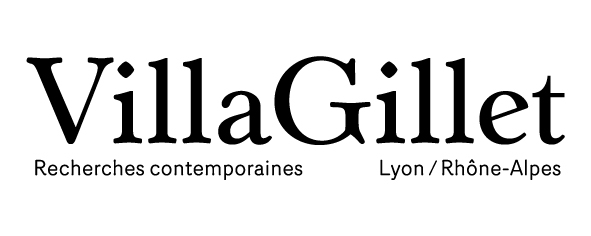Clue (Kate Summerscale)
The English word ‘clue’ (in French, ’indice’) is derived from the medieval term ‘clew’, meaning a ball of thread or yarn. It acquired its newer definition of ‘that which points the way’ in about 1600, by association with a famous story about a ball of string. In Greek mythology, Ariadne gives Theseus a bundle of yarn to unravel behind him as he makes his way into the heart of the Minotaur’s labyrinth. After killing the monster, Theseus winds his way out by following the end of this piece of thread. His ‘clew’ enables him to solve the puzzle of the maze. I like the way this simple word itself contains a story. When I am researching a historical murder, the clues I seek are like Theseus’s thread, tangible facts with which I hope to solve puzzles: who were the killers? what were their motives? what was their fate? how was their crime particular to the age in which they lived? To answer these questions I need to go backwards in time, as Theseus goes back through the maze. I want to trace the origin of the murder, and I also want to explore the mystery of what it was like to live in another time and place. Here, too, the clues lie in mundane and concrete detail: the clatter and hiss of a train, the sweet stink of a jam factory, the lurid cover of a cheap novelette. I look for small things: ordinary objects and tiny news items that might lead us back to where we began.
Pour citer cette ressource :
Kate Summerscale, Clue (Kate Summerscale), La Clé des Langues [en ligne], Lyon, ENS de LYON/DGESCO (ISSN 2107-7029), octobre 2017. Consulté le 11/02/2026. URL: https://cle.ens-lyon.fr/anglais/litterature/entretiens-et-textes-inedits/clue-kate-summerscale



 Activer le mode zen
Activer le mode zen

